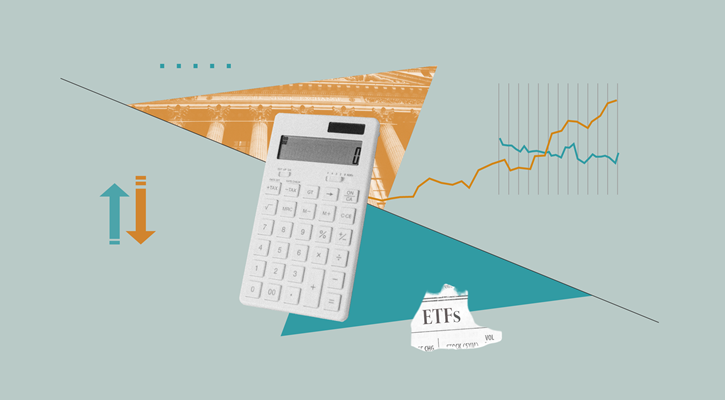Holly Black: Welcome to Morningstar. I'm Holly Black. With me is Ronald Van Genderen. He is a fund analyst at Morningstar in Amsterdam. Hello.
Ronald Van Genderen: Hello, Hello.
Black: So, Ronald, obviously you do a lot of analysis of all funds, but you've been specifically looking at ESG or sustainable funds lately. So, what is different about these funds and the way you look at them?
Genderen: Well, actually, we don't treat sustainable funds any different than conventional funds. So, that means that we still only assess the investment merit of these funds within our Morningstar Analyst Rating framework, which looks at three pillars – people, process and parent. And only those funds which we expect to show an outperformance over a full investment cycle will be awarded with a positive rating of either Bronze, Silver or Gold. What's different compared to conventional funds is that sustainable funds integrate in some way or the other easy criteria into their investment process.
Black: Okay. So, you're going to talk us through a few of these that you've been looking at lately. Where would you like to start?
Genderen: I think the first one is Impax Global Equity Opportunities. This fund has a Bronze Morningstar Analyst Rating for its clean share class. It's managed by two experienced managers who have three and two decades of relevant experience. The fund is managed by well thought through and structured bottom-up approach and it targets companies that have quality characteristics, but mainly can profit from a transition to a more sustainable economy. Such companies are selected using Impax sustainability lens, which is a tool that looks at sustainability risks and opportunities. The managers pay a little heed to their benchmark and therefore the portfolio can look different on a regional and sector basis. But the managers especially distinct themselves with their stock selection. However, such a positioning also does mean that the strategy can show short-term underperformance.
Black: Okay. Well, let's move on to fund number two.
Genderen: Yeah, the second one is the NN (L) Global Sustainable Equity Fund. This fund has also a Bronze rating for its clean share class. And this fund is managed by a team of three portfolio managers headed by long tenured lead manager Hendrik-Jan Boer. The approach itself has been enhanced in recent years. So, the sustainability policy has evolved over time from a combination of a best-in-class approach with an occlusion polity to a more sophisticated approach that utilises sustainability screening that is focused on a combination of an in-house developed ESG score, ESG momentum, activity and behavior exclusion and controversy risk analysis. And another evolution of processes is to increase the level of active management. In our opinion, the process has become more qualified and has more pronounced focus on quality. This also caused the portfolio to move to a stronger growth style according to the Morningstar style box.
Black: Okay. And what is our final fund today?
Genderen: Yeah. The third and final fund has deserved our highest rating actually. It has a Morningstar Analyst Rating of Gold for its clean share class. And its main strength lies in the team-based approach. The group's approach is straightforward and distinct and akin to the strategy's name, the crew looks for high-quality companies with solid financials that are steadily growing earnings from sustainable business models. And to do so the team looks to partner with high caliber management teams and avoids high debt levels. And while valuation is an important part of the process, a company's quality aspects are more so. And the team looks for companies that fall into three sustainable categories – sustainable goods and services, responsible finance and infrastructure. The resulting 50-stock portfolio looks a little like peers. The group is biased towards more defensive consumer names and because of the index agnostic approach, country and sector weightings will differ widely from the MSCI ACWI benchmark. The group is patient, is low turnover and it can hold high levels of cash. This can hold the strategy back in strong markets, but it also provides an ability to hold up in challenging markets.
Black: Ronald, thank you so much for your time. For Morningstar, I'm Holly Black.





















